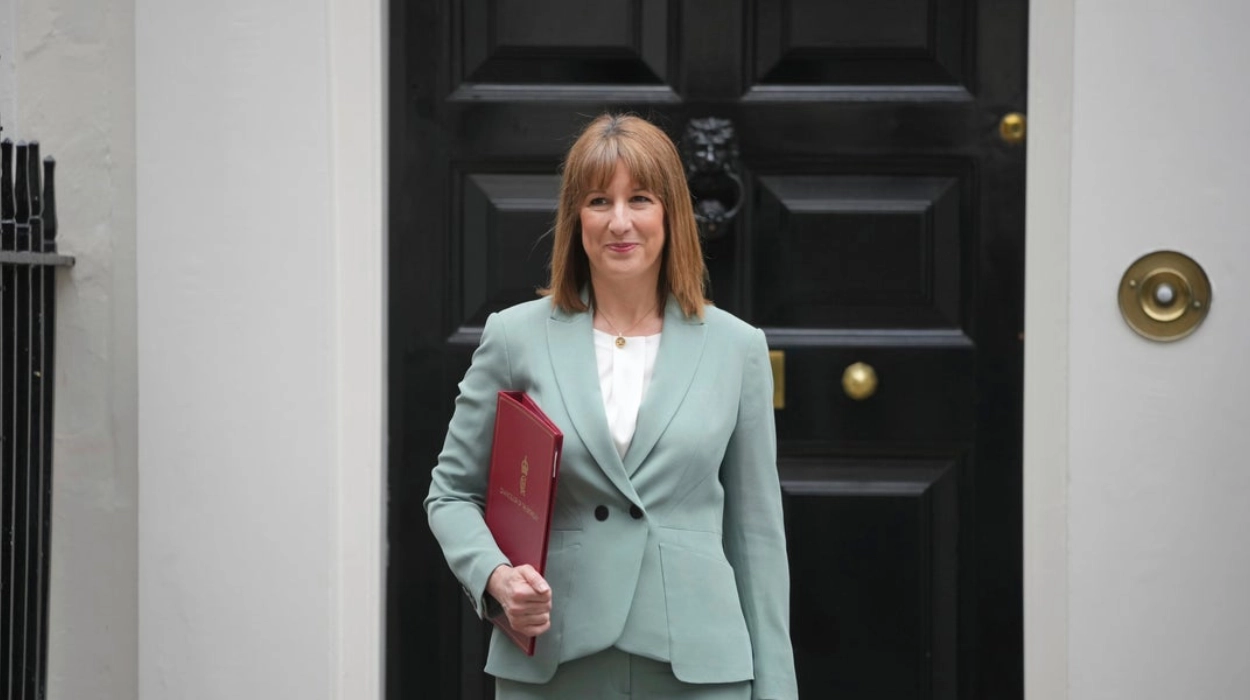UK (Parliament Politics Magazine) – NHS productivity rose 2.7%, beating the 2% target, easing fiscal pressure on Chancellor Rachel Reeves ahead of the autumn Budget.
As reported by The Telegraph, NHS staff exceeded government targets, giving Chancellor Rachel Reeves a pre-Budget advantage.
What do figures reveal about the NHS’s 2.7% productivity boost?
The Department of Health and Social Care revealed that UK healthcare productivity reached 2.7% last year, exceeding the government’s 2% target.
Ahead of the autumn Budget, the gain gives the Chancellor a small boost, while economists warn Rachel Reeves must raise £20bn–£50bn in November to stabilise public finances.
According to NHS England, productivity across trusts rose 2.7%, enhancing urgent care in emergency departments and hospital services. Rising NHS productivity is generating national wealth to support the budget.
The health department reported that NHS spending fell by £1bn in the year to March 2025 compared with the previous year.
What did Max Warner say about NHS productivity and budgets?
Max Warner, a research economist at the Institute for Fiscal Studies (IFS), stated,
“It is positive news for Rachel Reeves in the sense that the Government has set out really quite ambitious plans for public sector productivity.”
He said,
“This does matter for future fiscal policy, because, all else equal, it probably means the NHS is less likely to need budget top-ups in the future, because productivity is doing well.”
Mr Warner stated,
“Clearly, there’s a lot more that needs to go, but this is a good first step when it comes to NHS productivity. The more productive we get the NHS, the better performance it can have for the same amount of money.”
He added that boosting productivity remains essential for the government to achieve service goals under limited budgets.
Elizabeth O’Mahony’s views on NHS efficiency gains
Elizabeth O’Mahony, the chief financial officer at the NHS, stated,
“NHS teams across the country are laser-focused on delivering more for each taxpayer pound we spend, and these figures demonstrate the significant progress being made despite wider financial challenges.”
Wes Streeting’s views on boosting NHS productivity and patient care
Health Secretary Wes Streeting stated,
“I’ve always been clear that NHS staff should be spending their time caring for patients, not on bureaucracy and needless duplication.”
He said,
“We’re boosting productivity through a range of measures – from sending in crack teams to underperforming trusts, clamping down on wasteful agency spend and increasing use of technology. This is having a real-life impact for patients – quicker access to tests and treatment.”
Mr Streeting added,
“We’re turning the NHS round after years of neglect but I know too many people are still waiting too long. That’s why we’re combining record investment of £29 billion with tough reforms, making sure every pound is spent on cutting waiting times and improving care for patients through our Plan for Change.”
Rachel Reeves’ stance on NHS productivity and patient care
Rachel Reeves said,
“Making the NHS more productive is essential to delivering better care for patients, value for money for the taxpayer and stronger economic growth. These are welcome figures that demonstrate our plan is working – but there is more we, and we must, do.”
What did Stephen Kinnock say about the NHS productivity rise?
Health Minister Stephen Kinnock praised the rise in NHS productivity and posted on X,
NHS productivity ⬆️ 2.7% – above our 2% target*
That means patients are seen & treated quicker, thanks to record investment & reforms:
- More same-day discharges
- Crack teams boosting underperforming trusts
- Better use of tech
- Reduced reliance on agency staff
How much has NHS productivity improved post-pandemic?
Following pandemic setbacks, NHS productivity remains below pre-pandemic levels, though the Chancellor sees a modest boost.
Recent figures from the Office for National Statistics show UK healthcare productivity in 2024 fell 8.8% below 2019 levels.
The Office for Budget Responsibility warned the Chancellor that it may slash Britain’s productivity outlook, risking greater pressure on public finances.
The Government’s June review instructed departments to achieve a minimum 5% savings in budgets by 2029. For 2023-24, NHS England received £171bn, accounting for roughly 39% of total UK expenditure in the first three months.
Under Wes Streeting’s 10-year plan, the NHS must achieve 2% annual productivity growth to unlock £17bn in savings by 2028-29.
Key details about the NHS 10-year plan
The NHS 10-year plan aims to make the service digital-first, with the NHS App as a hub for bookings, records, and AI advice. It focuses on shifting care closer to home through new neighbourhood centres and community services.
Prevention is a key priority, tackling obesity, restricting junk food ads, and expanding weight-loss treatments. These measures are designed to improve patient care, reduce hospital reliance, and lower long-term demand on the NHS.


